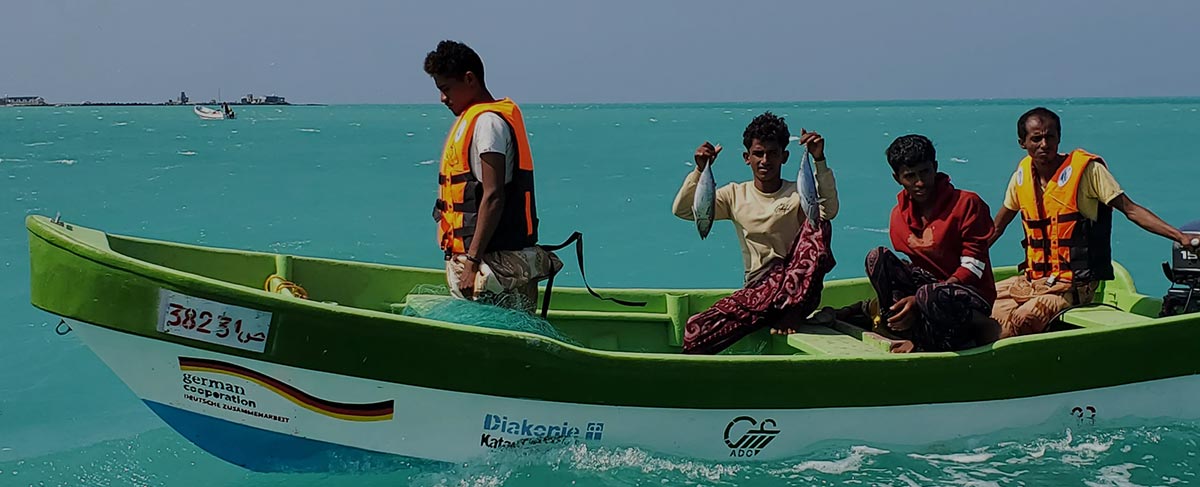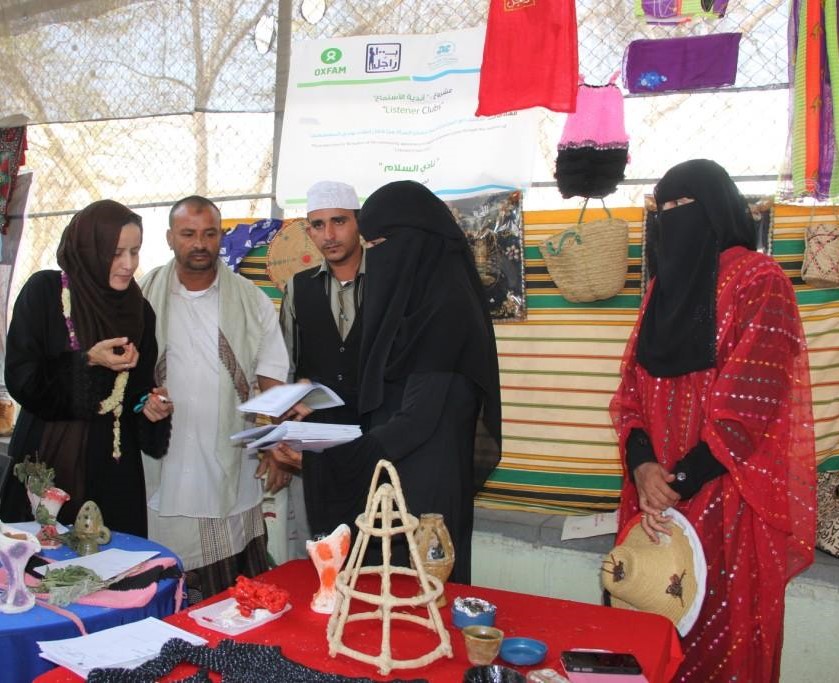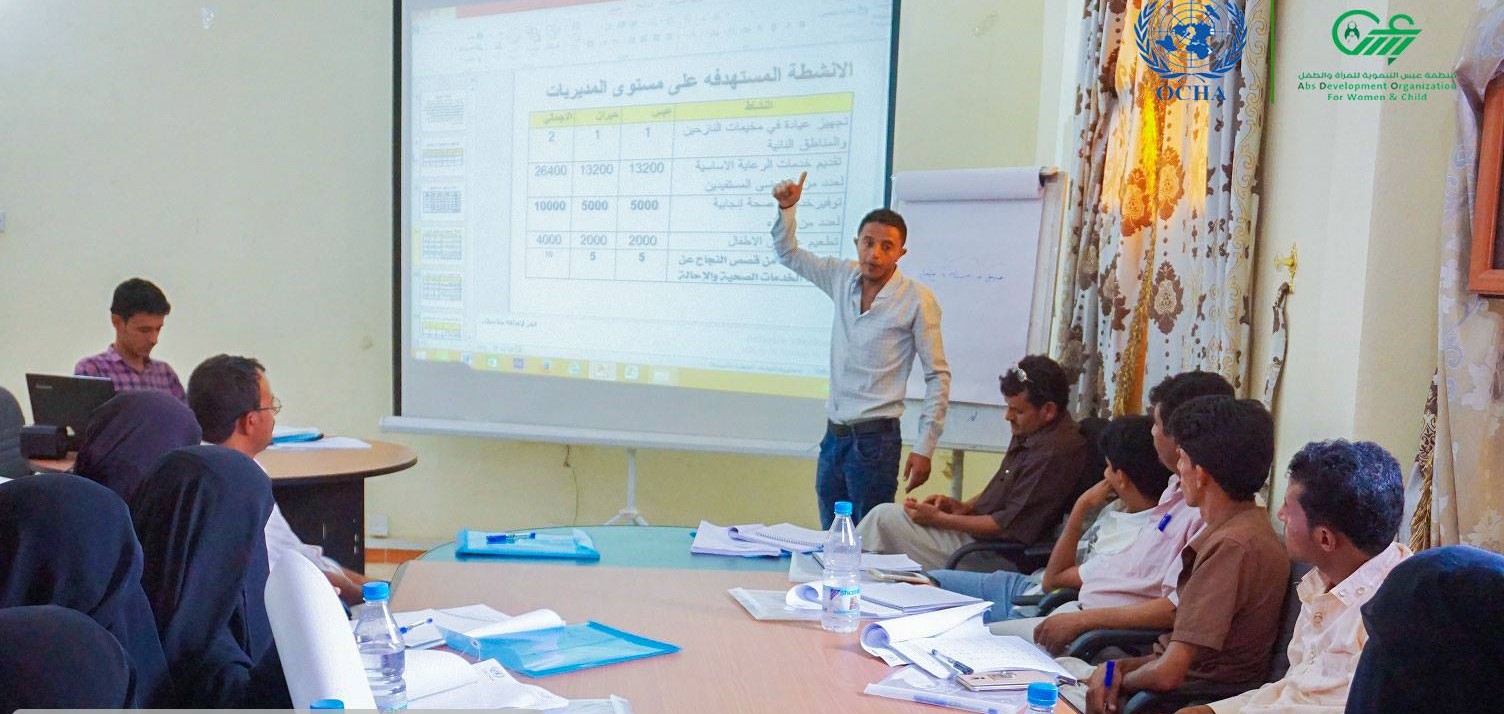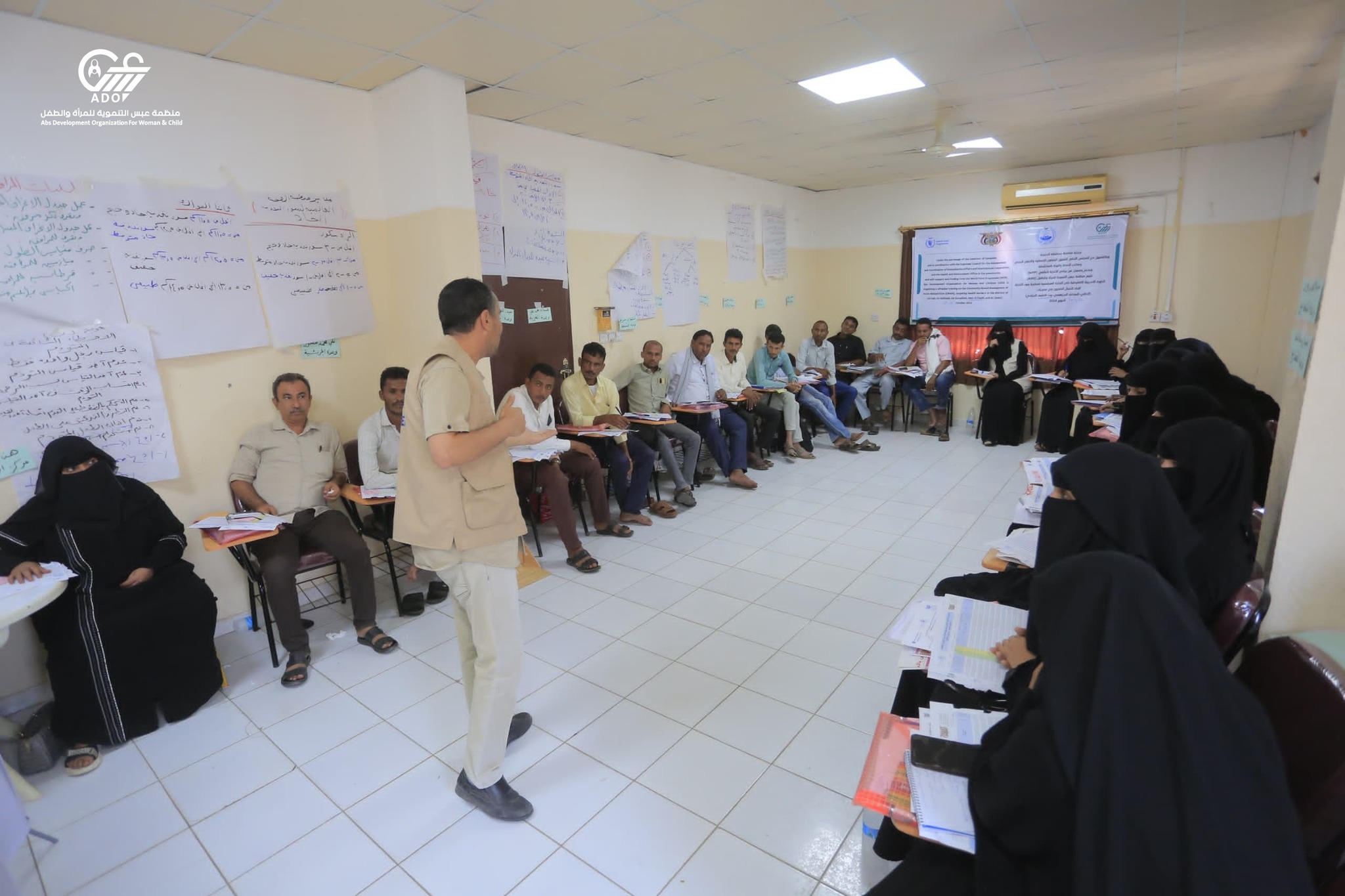Women’s Knitting Training Project (Social Fund for Development)/Abs:
Our women’s knitting training project benefited 8,000 women, with an equal participation of 4,000 women and 4,000 men. This program not only taught valuable knitting skills but also created opportunities for women to generate income and achieve financial independence. By empowering women with these practical skills, the project opened new doors to entrepreneurship and self-reliance, making a tangible difference in their lives.
Through these initiatives, we have continued our work to promote empowerment, break down barriers, and create opportunities for all. With each project, we strive to build a more inclusive, resilient, and prosperous community in the Abs region.
Our women’s knitting training project has benefited 8,000 women, with an equal participation of 4,000 women and 4,000 men. This program not only taught valuable knitting skills but also created opportunities for women to generate income and achieve financial independence. By empowering women with these practical skills, the project opened new doors to entrepreneurship and self-reliance, making a tangible difference in their lives. Through these initiatives, we have continued our work to promote empowerment, break down barriers, and create opportunities for all. With every project, we strive to build a more inclusive, resilient, and prosperous community in the Abs region.
The Rural Women’s Empowerment Project in Abs District focused on supporting and empowering local women. This project reached 450 women, providing them with the skills and knowledge needed to improve their livelihoods and contribute to their communities.
In 2003, in the heart of Hajjah Governorate, a series of impactful initiatives were implemented that reflect the community’s resilience and determination. Over the years, these programs have not only improved living conditions but have also empowered individuals, fostering hope, and promoting progress.
Palm Frond Weaving Training (400 women):
Training sessions were organized on how to use palm fronds to make handicrafts, such as baskets and mats, which are in high demand in traditional markets.
Workshops to Promote Entrepreneurship: 1,365 women. Activities included sessions on how to start small handicraft projects, as well as information on marketing, small business management, and pricing. The project transformed the lives of beneficiaries, especially women, as they acquired skills that enhanced their job market opportunities and opened new doors to financial independence. The project also contributed to the preservation of cultural heritage and enhanced the presence of traditional handicrafts in markets, providing new economic opportunities for local communities. Furthermore, many participants were able to start their own handicraft projects, encouraging sustainable development and self-reliance.




